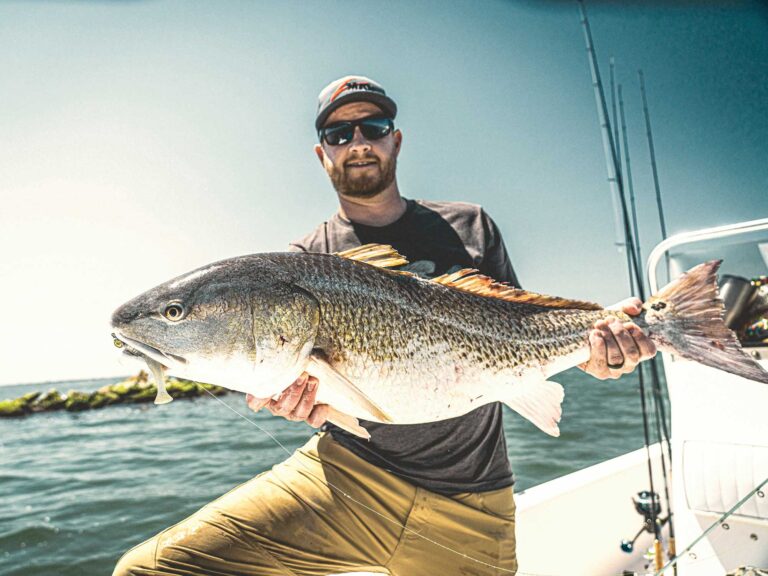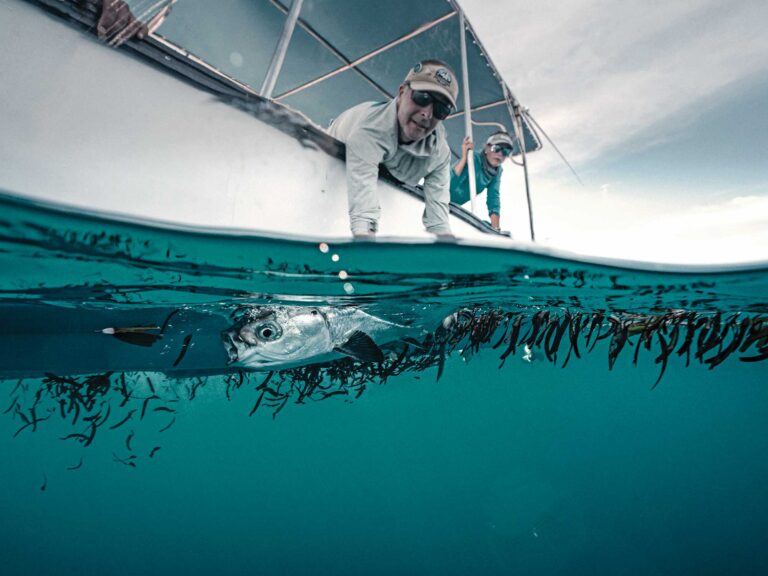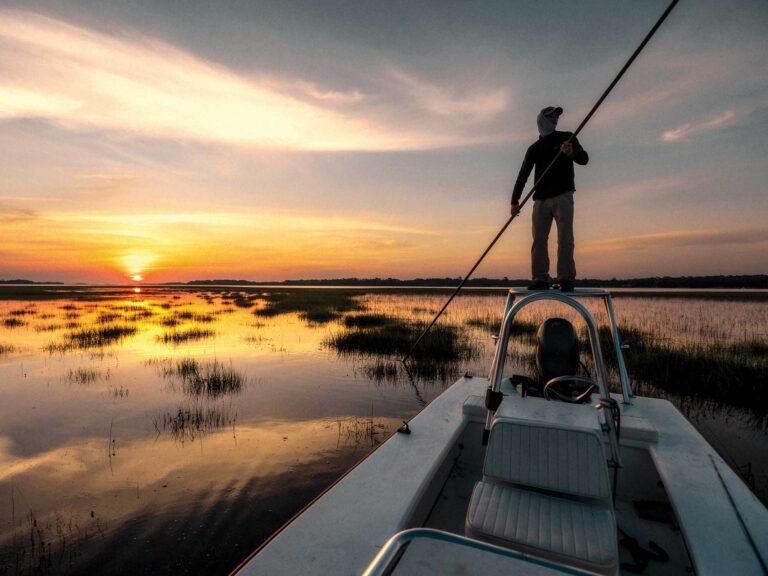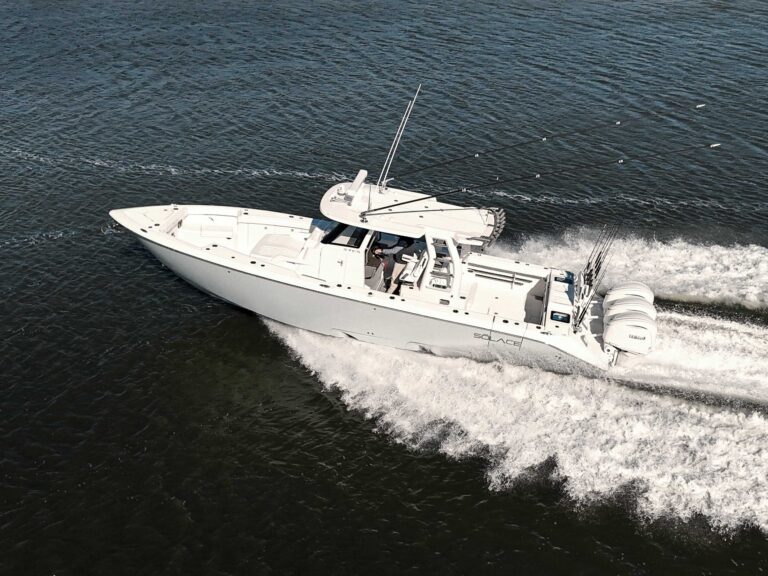Once in a while, a proposal comes along in conservation circles that makes you reflect on just how you define the goals you’re trying to reach through such efforts in the first place. One of those recently appeared in Florida.
At its meeting in Apalachicola this past December, the Florida Fish and Wildlife Conservation Commission (FWC) discussed creating game-fish and sport-fish designations for several saltwater species. Florida has never had an official saltwater game-fish or sport-fish designation.
The commission cited a number of reasons for considering these changes, including protecting some of Florida’s premier recreational fish, and encouraging anglers to adopt voluntary conservation practices such as catch-and-release.
According to this initial discussion, “game fish” status would mean no commercial harvest, possession or sale. A designation as “sport fish” would make selected species catch-and-release only, including no recreational harvest as well as no commercial harvest, possession or sale. This is where the controversy lies.
While the commission has yet to name the specific species they will consider for these two designations, the smart money is on permit, bonefish, tarpon and snook. All of those should be afforded game-fish status immediately, as they are clearly more valuable as recreational fish than commercial, and they have little value historically as commercial species anyway. The sale of tarpon and bonefish is already prohibited in Florida, and commercial sale of snook has been illegal in the state since 1956.
But permit can still be legally sold; it is managed as a commercial species under the same management unit as African pompano and pompano. Taking permit off the commercial-fishing list is a no-brainer in my book. Directed commercial fishing for permit is prohibited in Florida state waters, and the FWC created a Special Permit Zone giving the fish extra protection in the Florida Keys, where the fish spawn and are a hugely important recreational species. But in federal waters outside the SPZ, permit can still be landed legally as bycatch in commercial purse-seine fisheries targeting other species. Theoretically, a game-fish designation would close that loophole, which would be good.
Proponents of sport-fish status want to take that protection to another level, prohibiting all take on certain species. At first blush, this sounds like an OK idea. Why not? Who needs to kill a tarpon or a bonefish anyway, since they’re no good to eat? Permit and snook are another matter, however, as many people find them to be very good to eat.
Substantial opposition has risen to the no-take possibilities surrounding permit, not because the people of Florida don’t want to protect the fish, but because this potential prohibition seems arbitrary. There is no biological justification for the adoption of a sport-fish designation, it’s just that certain influential people don’t want to see them killed for any reason.
I understand that mentality; I hate seeing a permit killed simply for the table, as there are better fish to harvest for food, but should we ban it because I don’t like it? We must always bear in mind that fishing is a blood sport, no matter how much we want to believe otherwise. For instance, I’ve never killed a permit intentionally, but I’ve had Goliath grouper eat a few after I’ve hooked them over deep-water wrecks.
Tarpon are managed in Florida under a tag system; to kill one, you must buy a $50 tag ahead of time and have it on the boat with you when you harvest the fish. That system has worked well, and very few fish are killed each year. Why not adopt that same protocol for permit, bonefish, snook or even billfish, while we’re at it?
Want to take a fish for a potential record, or even just to eat? Pay for it. If people would embrace that concept, it would certainly lead to fewer fish being killed, affording the species in question greater protection, and we wouldn’t be forced into a situation where recreational anglers would be subjected to a rule with no scientific basis.









